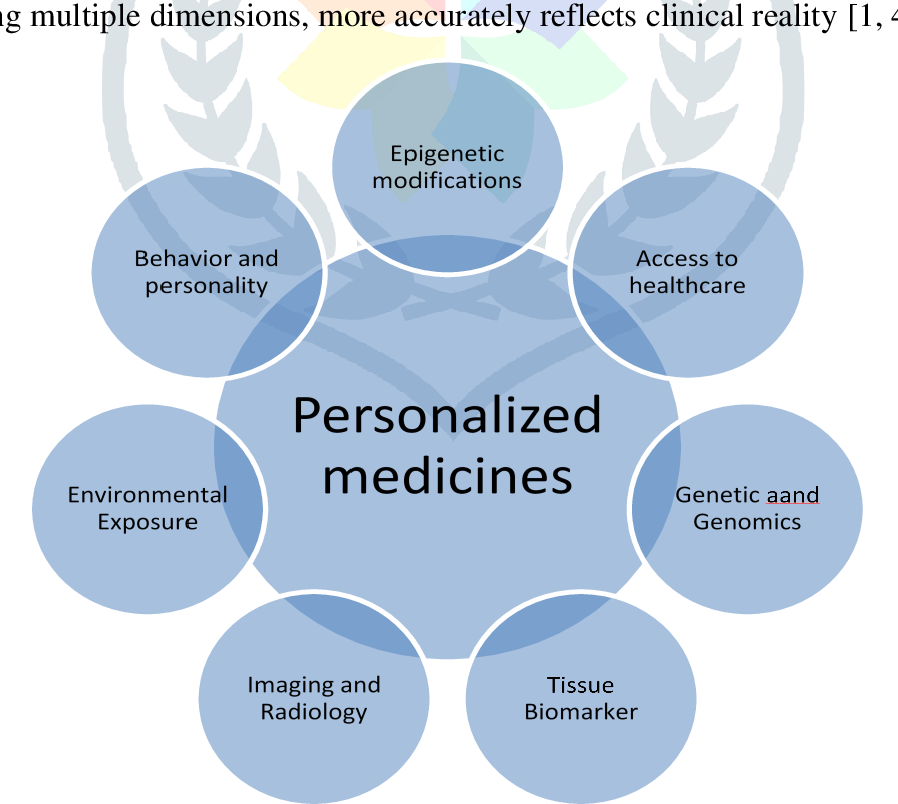
## AI Revolutionizes Healthcare: Early Detection and Personalized Medicine## AI Revolutionizes Healthcare: Early Detection and Personalized Medicine In the rapidly evolving landscape of healthcare, artificial intelligence (AI) is emerging as a transformative force, revolutionizing various aspects of medical practice. Among its most profound impacts is the advancement of early detection and personalized medicine, empowering healthcare professionals to deliver more precise and timely interventions. ### Enhanced Early Detection AI algorithms can analyze vast datasets of patient data, including medical records, genomic information, and lifestyle factors, to identify patterns and predict the risk of developing diseases at an early stage. By leveraging AI’s computational power, healthcare providers can: – Detect potential health problems sooner: AI can identify subtle deviations in vital signs, laboratory results, or imaging scans that may indicate the onset of a disease long before traditional methods can. This enables early intervention, increasing the chances of successful treatment and improving patient outcomes. – Personalize screening protocols: AI algorithms can tailor screening recommendations based on an individual’s unique risk profile. This approach avoids unnecessary testing, optimizes resource allocation, and ensures that high-risk patients receive appropriate surveillance. – Promote proactive healthcare: By identifying individuals at high risk of developing certain conditions, AI can facilitate proactive measures to prevent or mitigate disease progression. This includes dietary interventions, lifestyle modifications, and timely access to specialized care. ### Personalized Medicine AI also empowers healthcare professionals to deliver personalized medicine, tailoring treatments to the unique genetic makeup and health history of each patient. By analyzing genomic data and comparing it against large databases, AI can: – Identify genetic predispositions: AI can identify genes associated with specific diseases or drug responses, enabling healthcare providers to optimize treatment plans and prevent adverse events. – Develop targeted therapies: AI algorithms can design personalized drug therapies that are specifically tailored to an individual’s genetic profile and disease characteristics. This approach enhances efficacy and minimizes side effects. – Predict treatment outcomes: AI models can predict how different treatment options will affect an individual patient based on their unique molecular characteristics. This information supports informed decision-making and improves the likelihood of successful outcomes. ### Benefits and Challenges The AI revolution in healthcare has significant benefits, including: – Improved patient outcomes and reduced healthcare costs – Early detection of life-threatening diseases – Tailored treatments and therapies – Personalized care and patient empowerment However, implementing AI in healthcare also poses challenges: – Data privacy and security: Ensuring the confidentiality and security of patient data is paramount as AI systems handle vast amounts of sensitive information. – Transparency and interpretability: Developing AI algorithms that are transparent and interpretable by healthcare professionals is crucial for trust and acceptance. – Bias mitigation: AI systems must be trained on unbiased datasets and regularly evaluated to prevent unintended biases from influencing medical decisions. ### Conclusion The integration of AI into healthcare represents a transformative era, empowering healthcare professionals to detect diseases earlier, tailor treatments more precisely, and improve patient outcomes. By addressing the challenges of data privacy, transparency, and bias mitigation, AI can unleash its full potential to revolutionize the practice of medicine and create a future where every individual receives personalized and effective healthcare.
Posted inNews